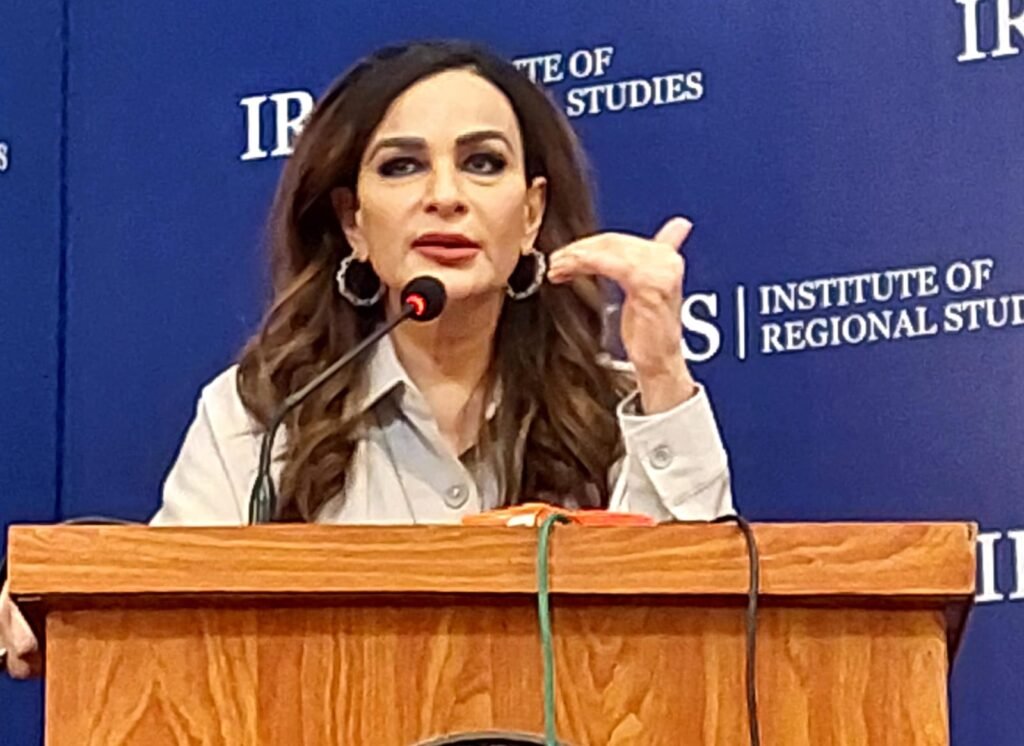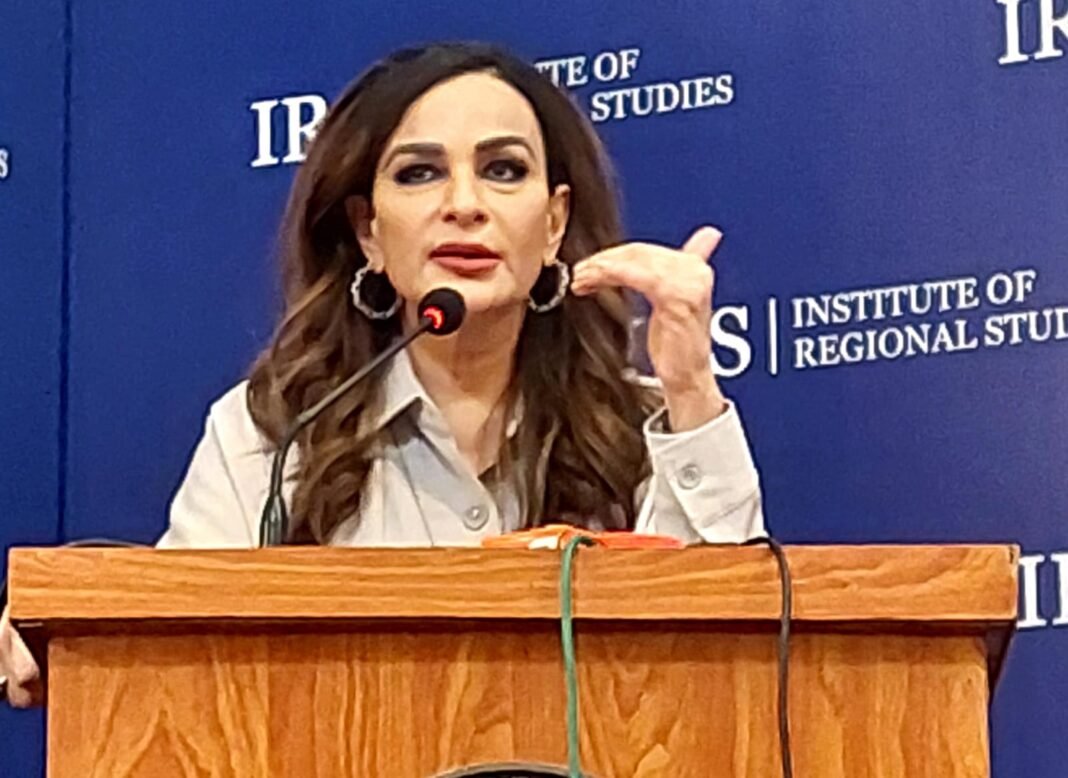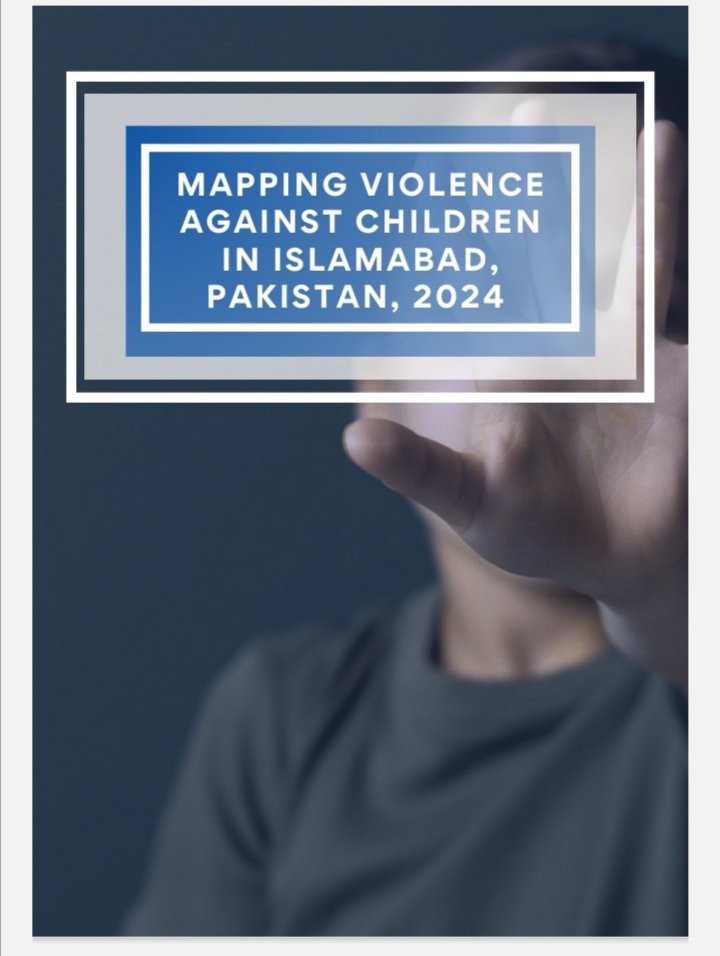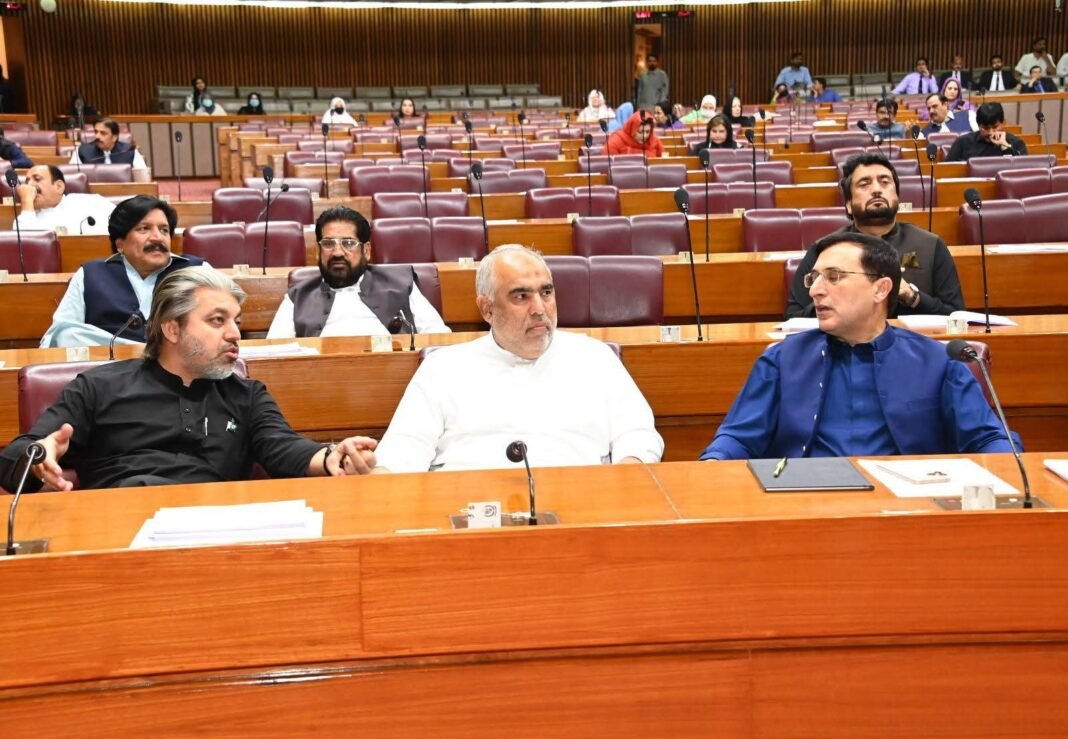
Islamabad : Senator Sherry Rehman, in her keynote address at the Institute of Regional Studies on “Pakistan’s Strategic Global Outreach”, said that seismic changes in the region’s security and political landscape are creating a risk-loaded environment driven by hegemonic ambitions from across the border.
“This is a strategic new abnormal attempted to be imposed on South Asia by a hegemonic power next door,” she said. “It is not business as usual — it is a deliberate attempt to normalise dangerous escalations. Pakistan is not dabbling in an imaginary narrative. Our diplomacy is rooted in ground realities and verifiable facts. Narrative alone cannot be the basis of statecraft.”
Senator Sherry Rehman asserted:
“Modi has brought the Gujarat model to all of India, which is a classic case of Moditwa, a beleaguered India. This is a new abnormal. Why? This doctrine openly prioritises confrontation over dialogue. It openly embraces conflict. It wants to identify an enemy within the country and an enemy without. The enemies within are the Muslims and other minorities, and the enemy without is Islamabad. They have used narrative building as a tool for hostile unilateralism in a hyper-charged, nuclearized environment.”
She added four important points to remember:
“First, Modi’s India continues to seek to manipulate terrorism as a domestic and international dog whistle, fomenting and supporting instability inside Pakistan, which is totally unacceptable.
Second, it negates all calls for bilateral or mediated diplomacy as a tool for engagement, which mature countries do, while targeting Pakistan with aggressive calls for isolation across multilateral forums. That is not happening either, which you can see from the USA to China, or the region.
Third, it builds a motive for military action as a coercive tool — from cross-border strikes to air-based attacks. It is not a doctrine based on power, it is a doctrine based on fear.
Fourth, it embraces unilateralism as the only path on key disputes, including Kashmir. It weaponises a settled Indus Water Treaty by attempting to create irreversible facts on the ground. Israel does the same.”
She further said:
“Chairman Bilawal said that the entire nuclearized region can’t be held hostage to a group of random non-state actors perpetrating acts of terrorism — and India using that as a trigger for war. This is ludicrous and unheard of. Terrorism is always fought as a transborder initiative. Other countries approach it the same way. India is the lone rogue power, which is unable to think beyond 19th-century concepts.”
Senator Rehman said the May 2025 limited war redefined deterrence dynamics, yet India and the Modi government remain intent on attempting to cement this “new abnormal” as the region’s status quo.”
Highlighting Pakistan’s diplomatic mobilisation, she credited the coordinated leadership of the Prime Minister, Chief of Army Staff General Asim Munir, the Foreign Office, and Chairman Bilawal Bhutto Zardari. “Our delegations went from capital to capital during a diplomatic deficit, speaking truths on the ground that others were not hearing. It was a pivotal moment to position Pakistan as a serious, emerging, moderate medium power. Smart diplomacy means using a crisis as an opportunity — and we did exactly that.”
Senator Rehman accused India of creating a gap between reality and fiction even within its own country. “The Modi government has fallen into a commitment trap, driven by BJP-RSS culture and domestic political compulsion.” She said India’s institutional framework is in decline, with the government increasingly relying on crisis creation — both internal and regional — to maintain control. “From entertainment to mainstream media, India has, blurred the line between truth and propaganda. The war showed the world what this abnormality looks like — from the weaponisation of water to fictionalised claims of military successes. India even claimed to have shot down Pakistani aircraft three months after the conflict, but provided no proof,” she added.
She warned against India’s repeated attempts to weaponise water. “This is a completely mala fide intention — turning a treaty into a dispute and breaching long-standing red lines. Once cross-border rivers become weapons, consequences will be dangerous.”
Senator Rehman also cited evidence of direct interference. “We found a serving Indian military officer in Balochistan. Kulbhushan Jadhav remains the most visible example of India’s proxy war. Pakistan’s counterterrorism record speaks for itself — FATF changed our listing, something impossible if we were the hub of terrorism. Pakistan’s counterterrorism policies have also targeted the BLA and the Majeed Brigade. Yet India continues to use terrorism as a dog whistle to demonise Pakistan, including through cyber-terrorism.”
Senator Rehman said India’s aggressive posture is not limited to Pakistan. “In 2023, the Indian Parliament displayed a map of undivided India. In Jammu and Kashmir, demographic engineering is underway to change the population ratio, in violation of UN resolutions and the Indian constitution itself,” she said.
“India’s new psychology is that it can do whatever it wants — but this is a dangerous miscalculation. It has created a major crisis in its own defence history, emerging as a dangerous and irresponsible state steering the region toward neo-fascism.”
“Pakistan will never accept unilateralism, nor the weaponisation of water, sovereignty, or narrative. We have always sought dialogue, but we cannot repeatedly request engagement from a state that speaks the language of toxicity. The time has come to expose India’s rogue behaviour on all fronts.”
Sohail Majeed is a Special Correspondent at The Diplomatic Insight. He has twelve plus years of experience in journalism & reporting. He covers International Affairs, Diplomacy, UN, Sports, Climate Change, Economy, Technology, and Health.






![logo-1[1]](https://globalnewspakistan.com/wp-content/uploads/2025/01/logo-11-e1737618310315-300x187.png)